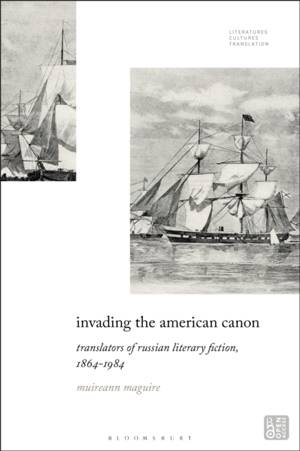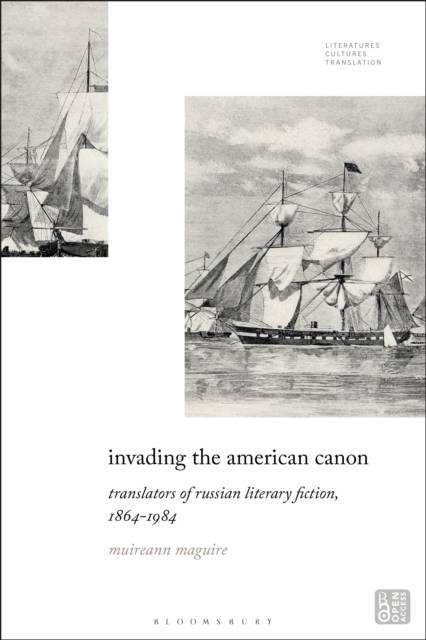
- Afhalen na 1 uur in een winkel met voorraad
- Gratis thuislevering in België vanaf € 30
- Ruim aanbod met 7 miljoen producten
- Afhalen na 1 uur in een winkel met voorraad
- Gratis thuislevering in België vanaf € 30
- Ruim aanbod met 7 miljoen producten
Zoeken
€ 186,95
+ 373 punten
Omschrijving
Through case studies of émigré literary translators and editors, this open access book traces how Russian literature kindled the American imagination in the 20th century.
In the 19th century, American literature was invaded by great Russian novels, including the works of Turgenev, Tolstoy, Dostoevsky, Gorky, and others, all mediated, translated, and sometimes even discovered by devoted freelance translators like Isabel Hapgood, Leo Wiener, and Nathan Haskell Dole. Throughout the 1900s these translators made Russian literature, from Nobel prizewinners like Solzhenitsyn to obscure émigrés like Mark Aldanov, accessible to American readers. Some literary translators were also publishers, like Nicholas Wreden (1901-55), at different times a bookseller at Scribner's, an editor at E.P. Dutton and a publishing executive at Little, Brown. His style was so well-regarded that Hemingway wished he wrote in Russian so that Wreden could translate him. He was also a lumberjack, a trainee naval officer and an émigré who fled Russia in 1920 to become a naturalized American citizen. Uniquely, as a translator and as a publisher, Wreden helped determine which Russian novels the American public would read. This book tells Wreden's story. It also reconstructs, using archival sources, the lives of other extraordinary translator-publishers like Thomas Seltzer, Bernard Guilbert Guerney, and Carl Proffer, who, with his wife Ellendea, ran Ardis Publishers, the firm that brought Soviet writing to the US. Invading the American Canon tells the history of the translation of Russian literature in America and its changing critical reception over a hundred turbulent years. The ebook editions of this book are available open access under a CC BY-NC-ND 4.0 licence on bloomsburycollections.com. Open access was funded by a European Research Council Horizon 2020 Starting Grant (grant agreement no. 802437)Specificaties
Betrokkenen
- Auteur(s):
- Uitgeverij:
Inhoud
- Aantal bladzijden:
- 192
- Taal:
- Engels
- Reeks:
Eigenschappen
- Productcode (EAN):
- 9798765121917
- Verschijningsdatum:
- 2/10/2025
- Uitvoering:
- Hardcover
- Formaat:
- Genaaid
- Afmetingen:
- 140 mm x 216 mm
- Gewicht:
- 439 g

Alleen bij Standaard Boekhandel
+ 373 punten op je klantenkaart van Standaard Boekhandel
Beoordelingen
We publiceren alleen reviews die voldoen aan de voorwaarden voor reviews. Bekijk onze voorwaarden voor reviews.







